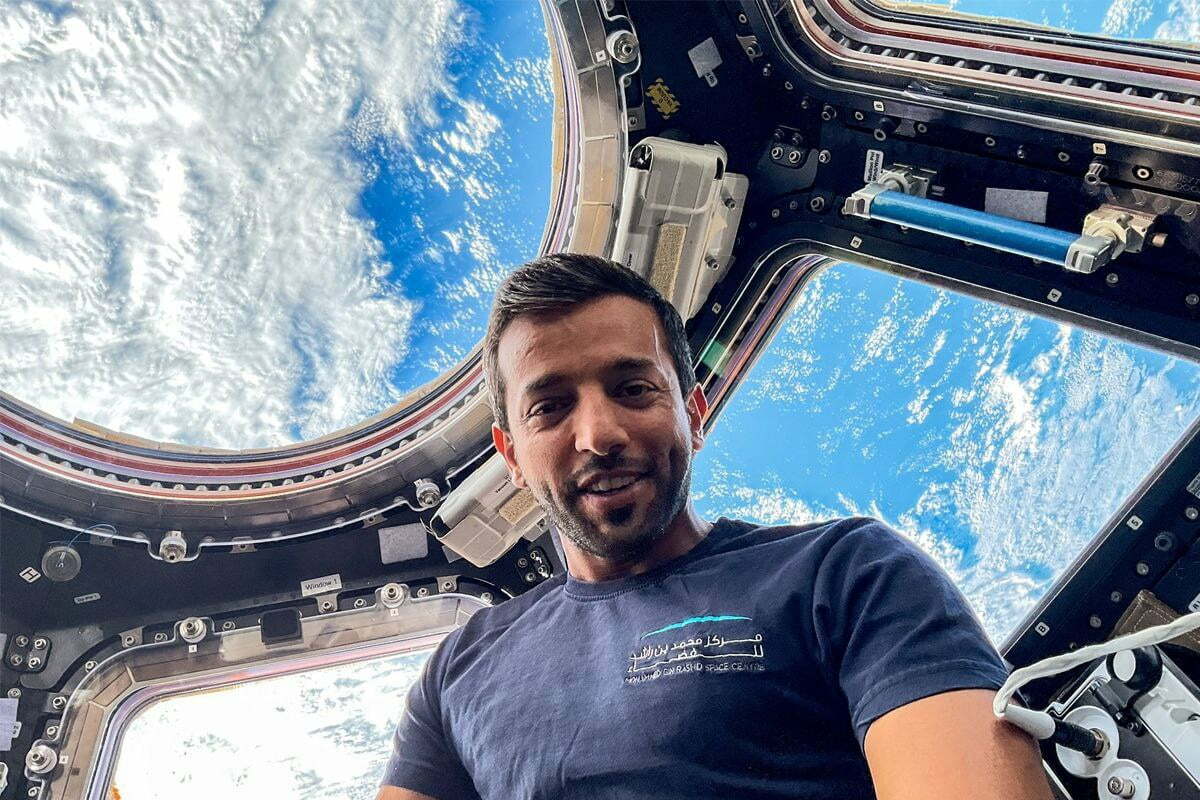Astronaut Sultan Alneyadi is facing a unique challenge this Ramadan as he observes the fast while living on the International Space Station, where the sun rises and sets 16 times a day. However, he has found a solution by using the time zone of the nearest city to the launch site as a reference point. Despite the challenges, Alneyadi is excited to experience Ramadan in space and his story is a testament to the adaptability of religious practices and the resilience of human beings.
Ramadan in space:
As Ramadan approaches, Muslims around the world prepare to fast from dawn until dusk. But what if you were living in space, where the sun rises and sets 16 times a day? This is the situation facing astronaut Sultan Alneyadi, who is currently living on the International Space Station (ISS).

Alneyadi is the first Emirati astronaut to go to space, and he arrived at the ISS on April 9, 2021, as part of the UAE’s second space mission. While he is up there, he will be conducting a variety of scientific experiments and working with other astronauts from around the world. But how will he observe Ramadan while he’s in orbit?
Also Read: Is Mutual Funds The Best Way To Invest
Using reference points to determine sunrise and sunset in orbit
One of the most important aspects of Ramadan is the fast, which involves abstaining from food, drink, and other physical needs from dawn until dusk. But on the ISS, where the sun rises and sets every 90 minutes, it can be difficult to determine when to begin and end the fast.
To address this challenge, Alneyadi is following the guidance of Islamic scholars and experts, who have advised him to use the time zone of the nearest city to the launch site as a reference point for determining the time of sunrise and sunset. In his case, that city is Baikonur, Kazakhstan, which is three hours ahead of GMT.
Fasting for longer than 24 hours:
Using this reference point, Alneyadi is able to calculate the time of sunrise and sunset based on his current location in space. He will then adjust his fasting schedule accordingly, even if it means fasting for longer than 24 hours.
In addition to fasting, Alneyadi will also be able to perform other religious observances while in space. He will be able to pray, read the Quran, and engage in other forms of worship as usual.
Maintaining religious observances while in space
Despite the unique challenges of observing Ramadan in space, Alneyadi is looking forward to the experience. In an interview with Gulf News, he said, “I’m very excited to experience Ramadan in space. It’s a unique opportunity that not many people get to have, and I feel very privileged to be able to do it.”
The adaptability of human beings:
Alneyadi’s experience highlights the adaptability of religious practices and the ingenuity of human beings. Even in the challenging environment of space, he is able to maintain his connection to his faith and to his community back on Earth.
In conclusion, the story of astronaut Sultan Alneyadi observing Ramadan while in space is a testament to the flexibility and resilience of human beings in the face of new and challenging situations. As we continue to explore and push the boundaries of what is possible, we must remember to hold on to the traditions and values that give us meaning and purpose.
